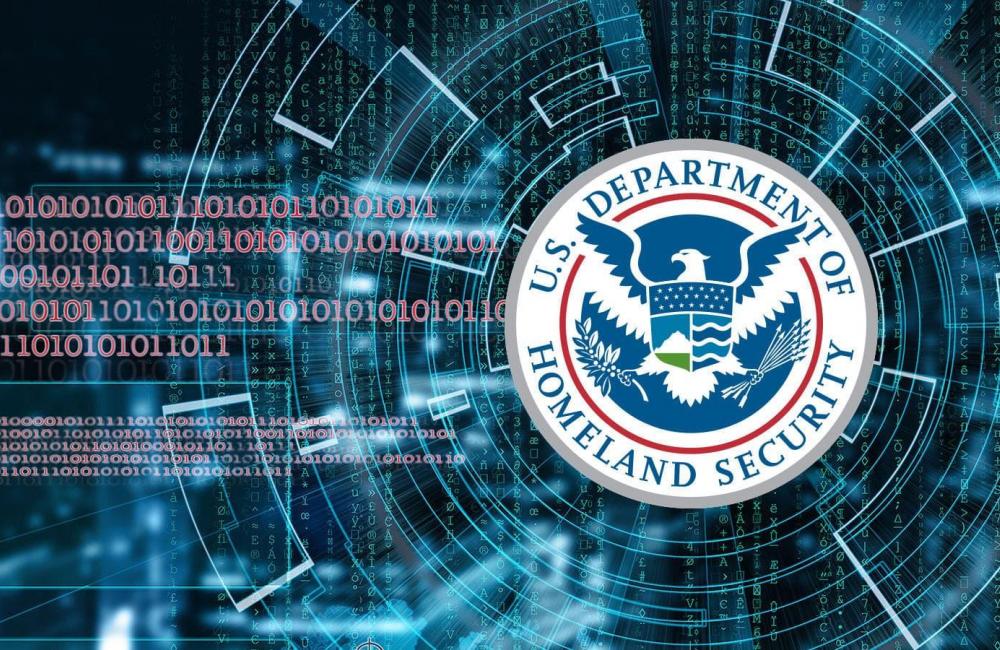Last week, the U.S. Department of Homeland Security (DHS) published guidelines for the coronavirus pandemic, listing blockchain managers in food and agricultural distribution as ‘critical infrastructure workers’.
March 24, 2020 – by Ledger Insights
Today, @CISAgov released new Guidance for Essential Critical Infrastructure Workers as part of our effort to ensure the nation’s resilience to #coronavirus: https://t.co/732vVEu3LH pic.twitter.com/zZhqxg7od8
— Homeland Security (@DHSgov) March 19, 2020
The Cybersecurity and Infrastructure Security Agency (CISA), a department of the DHS, has developed an initial list of sectors and workers who should continue their regular schedule. The list is advisory in nature and aims to help state and local governments identify essential workforce for maintaining services in the country.
Blockchain, as an immutable ledger, can accurately track and trace the movement of goods in a supply chain. Several U.S.-based food producers and tech firms have trialed blockchain for product authenticity, ease of recall, and inventory management.
One such high-profile initiative is the IBM Food Trust, whose members are using distributed ledger technology (DLT) to monitor the movement of food products from farm to market. Some of the U.S. organizations using IBM Food Trust blockchain include Albertsons, Drakes, Raw Seafoods, National Fisheries Institute and Walmart, among many others.
California-based iTradeNetwork has a blockchain traceability solution that is being used by the food producer Dynasty Farms. Meanwhile, San Diego-based Bumble Bee Foods is using SAP blockchain for seafood traceability.
Coming back to the CISA advisory, there seems to be no mention of blockchain under the pharmaceutical or the healthcare list. However, it mentions “Workers that manage health plans, billing, and health information, who cannot practically work remotely”.
Existing healthcare blockchains are being developed with a focus on patient data management, insurance, provider directories, and worker credentialing. ProCredEx has a credentialing system to speed up verification of healthcare workers and can also connect with the existing credentialing systems. This could prove beneficial to onboard staff and retired doctors for combating the coronavirus as well as doctors that move across state lines.
Meanwhile, pharmaceutical supply chains are leveraging blockchain to ensure compliance with the Drug Supply Chain Security Act (DSCSA). U.S.-based MediLedger has a blockchain for traceability of pharmaceuticals. Participants include the major wholesalers Pfizer, McKesson, Genentech, Gilead and AmerisourceBergen, among others.

